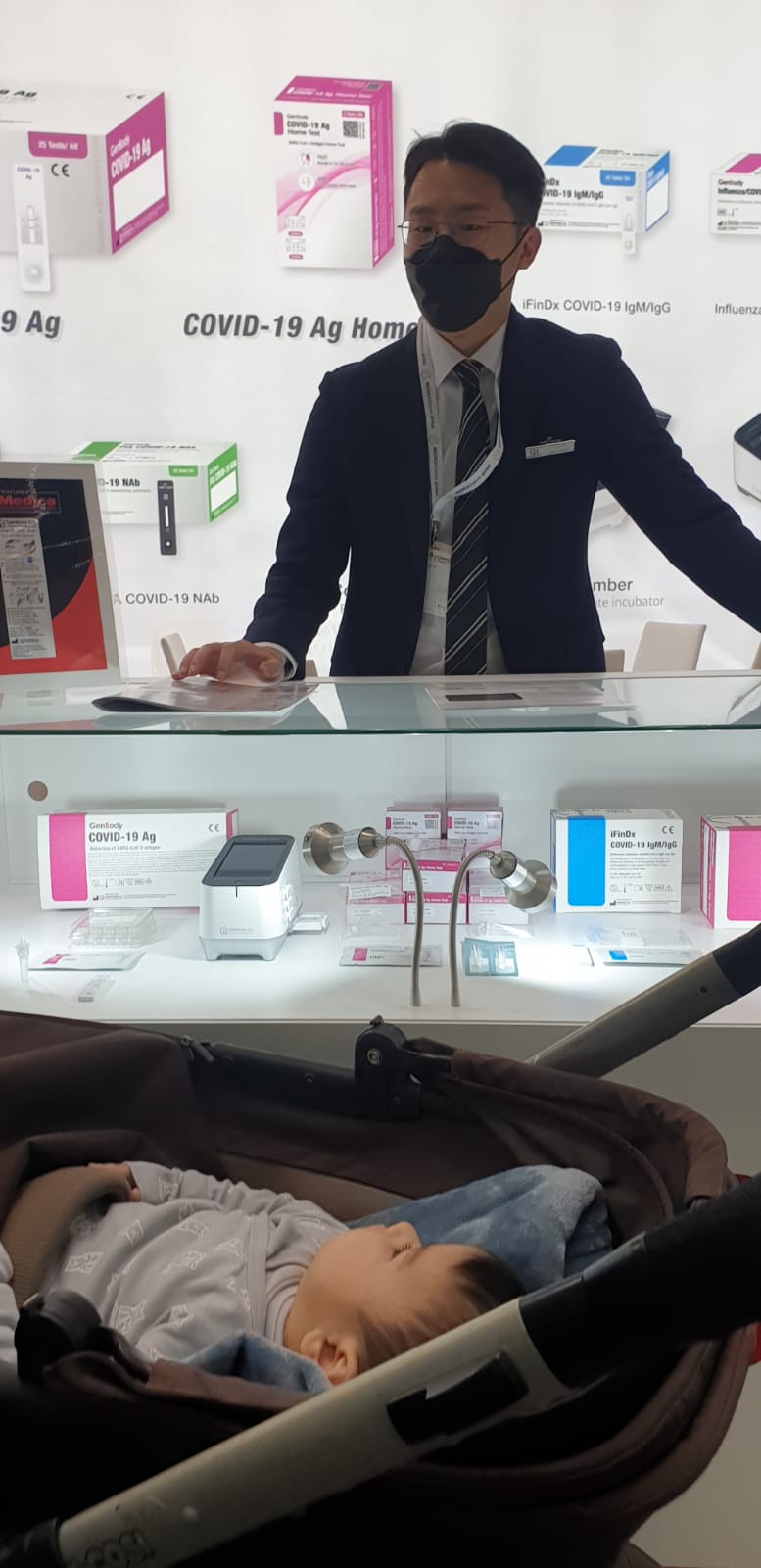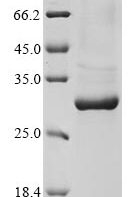COVID-19 Ag Home

Home treatment
Most people who become ill with COVID-19 will only experience mild illness and will be able to recover at home. Symptoms can last a few days, and people with the virus may feel better in about a week. Treatment is aimed at relieving symptoms and includes rest, fluid intake, and pain relievers.
However, older adults and people of any age with existing medical conditions should call their doctor as soon as symptoms start. These factors put people at higher risk of getting seriously ill from COVID-19. Follow your doctor’s recommendations for home care and isolation for yourself or your loved one. Talk to your doctor if you have any questions about treatments. Help the sick person to buy food and medicine and, if necessary, take care of your pet.
It is also important to consider how caring for a sick person can affect their health. If you are older or have an existing medical condition, such as heart or lung disease or diabetes, you may be at higher risk of becoming seriously ill with COVID-19. You might consider isolating yourself from the sick person and finding someone else to care for you.
Emergency warning signs
Watch yourself or your loved one carefully for symptoms that worsen. If symptoms seem to get worse, call your doctor. The doctor might recommend the use of a pulse oximeter at home, especially if the sick person has risk factors for severe illness with COVID-19 and symptoms of COVID-19. A pulse oximeter is a plastic clip that is attached to a finger. The device can help control breathing by measuring how much oxygen is in the blood. A reading of less than 92% could increase the need for hospitalization.
If your doctor recommends a pulse oximeter, make sure you understand how to use the device correctly and when reading should prompt a call to the doctor. If you or the person with COVID-19 experiences emergency warning signs, medical attention is needed immediately. Call 911 or your local emergency number if the sick person cannot be awakened or if you notice any signs of an emergency, including:
- Difficulty breathing
- Persistent chest pain or pressure
- new confusion
- Bluish lips or face
- Inability to stay awake
- Pale, grey, or bluish skin, lips, or nail beds, depending on skin tone
Protect others if you are sick
If you are sick with COVID-19, you can help prevent the spread of the COVID-19 virus infection.
- Stay home away from work, school, and public areas unless it is for medical care.
- Avoid using public transportation, ride-sharing services, or taxis.
- Stay isolated in a room, away from family and other people, as much as possible. This includes eating in your room. Open the windows to let the air circulate. Use a separate bathroom, if possible.
- Avoid shared space in your home as much as possible. When using shared spaces, limit your movements. Keep your kitchen and other shared spaces well ventilated. Stay at least 6 feet (2 meters) away from family members.
- Clean frequently touched surfaces in your separate bedroom and bathroom, such as doorknobs, light switches, electronics, and countertops, every day.
- Avoid sharing personal household items, such as dishes, towels, bedding, and electronics.
- Wear a face mask when around other people. Change the mask every day.
- If a face mask is not possible, cover your mouth and nose with a tissue or your elbow when coughing or sneezing. Afterwards, throw away the tissue or wash the tissue.
- Wash your hands frequently with soap and water for at least 20 seconds, or use an alcohol-based hand rub that contains at least 60% alcohol.
Protect yourself while caring for someone with COVID-19
To protect yourself while caring for someone with COVID-19, the US Centers for Disease Control and Prevention (CDC) and the World Health Organization (WHO) recommend:
- Keep your hands clean and away from your face. Wash your hands frequently with soap and water for at least 20 seconds, especially after being in close contact or in the same room as the sick person. If soap and water are not available, use a hand sanitiser that contains at least 60% alcohol. Avoid touching your eyes, nose, and mouth.
- Wear a mask. If you need to be in the same room as the sick person and they cannot wear a mask, use one. Stay at least 6 feet (2 meters) away from the sick person. Do not touch or handle your mask while you are wearing it. If your mask gets wet or dirty, replace it with a clean, dry mask. Discard the used mask and wash your hands.
- Clean your house frequently. Every day, use household cleaning sprays or wipes to clean frequently touched surfaces, including countertops, tables, and doorknobs. Avoid cleaning the room and bathroom separate from the sick person. Reserve bedding and utensils for the exclusive use of the sick person.
- Be careful with your clothes. Do not shake out dirty clothes. Use regular detergent to wash the sick person’s clothes. Use the warmest setting you can. Wash your hands after putting clothes in the dryer. Dry your clothes well. If you are handling clothing that has been soiled by the sick person, wear disposable gloves and keep them away from your body. Wash your hands after removing gloves. Place dirty gloves and masks in a covered trash can in the sick room. Clean and disinfect laundry baskets and wash your hands afterwards.
- Be careful with the dishes. Wear gloves when handling plates, cups, or utensils used by the sick person. Wash items with soap and hot water or in the dishwasher. Wash your hands after removing gloves or handling used items.
- Avoid direct contact with the bodily fluids of the sick person. Wear disposable gloves and a face mask when providing oral and respiratory care and when handling faeces, urine, or other waste. Wash hands before and after removing gloves and mask. Do not reuse your mask or gloves.
- Avoid having unnecessary visits to your home. Do not allow visitors until the sick person has fully recovered and has no signs or symptoms of COVID-19.
Coping with the stress of caregiving
As you or your loved one heal, seek emotional support. Stay connected with others through text messages, phone calls, or video conferences. Share your concerns. Avoid too much news about COVID-19. Rest and focus on enjoyable activities, such as reading, watching movies, or playing online games.
While caring for a loved one who is sick with COVID-19, you may also feel stressed. You may worry about your health and the health of the sick person. This can affect your ability to eat, sleep, and concentrate, as well as make chronic health problems worse. It can also increase your use of alcohol, tobacco, or other drugs. If you have a mental health condition, such as anxiety or depression, continue your treatment. Contact your doctor or mental health professional if your condition worsens.
To take care of yourself, follow these steps:
- Maintain a daily routine, which includes bathing and dressing.
- Take breaks from COVID-19 news, including social media.
- Eat healthy meals and stay hydrated.
- Exercise.
- Get enough sleep.
- Avoid the excessive use of alcohol and tobacco.
- Stretch, breathe deeply, or meditate.
- Focus on enjoyable activities.
- Connect with others and share how you feel.
Taking care of yourself can help you cope with stress. It will also help you support your loved one’s recovery.



